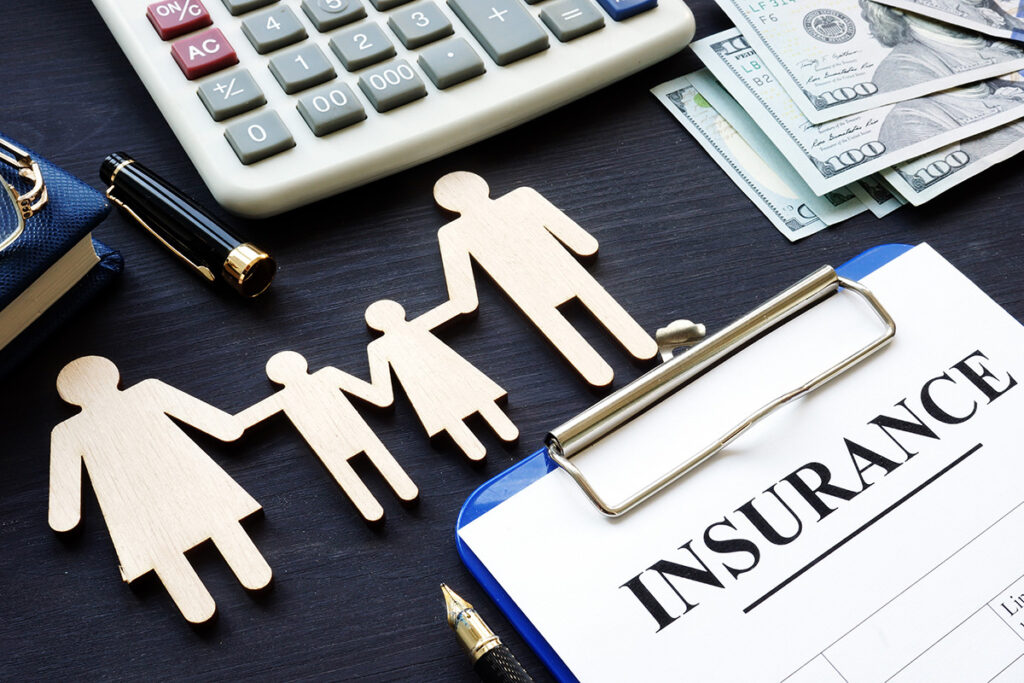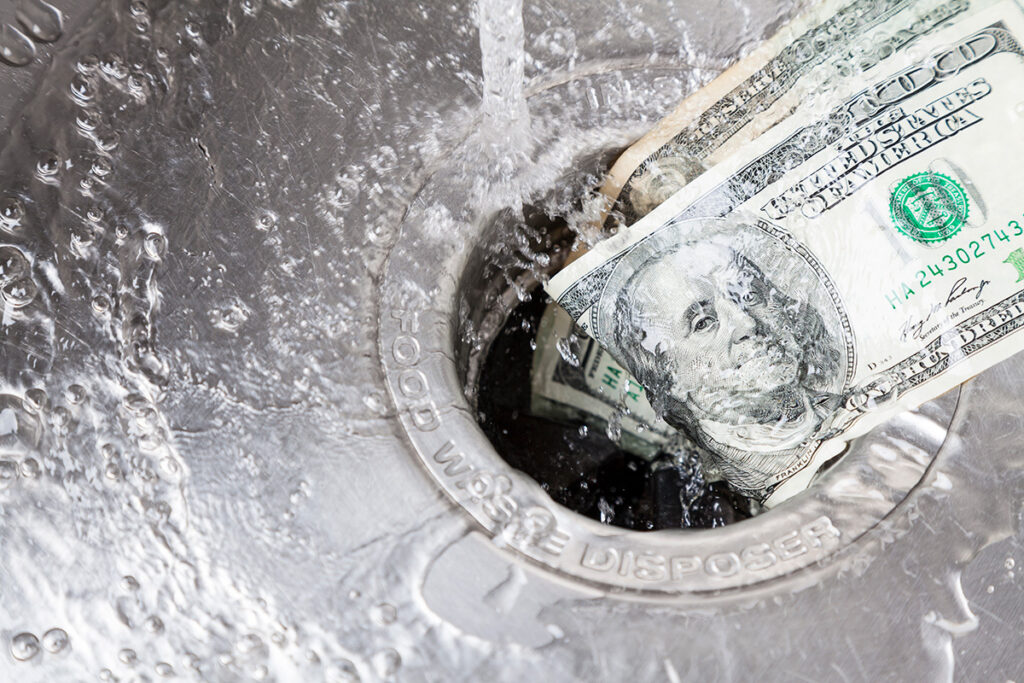It’s Time to Go Financial Wellness Myth Busting in 2023
Did you know that January is “Financial Wellness Month?” It’s especially fitting when you consider 57% of Americans were somewhat or much more concerned about being able to pay for holiday gifts last month. Prices are steadily increasing thanks to the U.S. inflation rates, and people were naturally skeptical about holiday shopping.
Yet, it didn’t stop them. More than $300 billion was spent on gifts during the Yuletide extravaganza. The average, hard-working American used credit cards to spend $1,550 on loved ones, friends, and the random White Elephant giveaway.
How much did you spend? Did you use credit cards? Now that it’s January, are you ready to start paying those bills? Do minimum payments for the year sound familiar? You’re not alone. It’s what most people do; for most of us, that is a never-ending cycle. But it doesn’t have to be.
When you hear the term “Financial Wellness,” do you shrug it off with a dismissive “Yeah, right,” or is that something you hear about but wouldn’t know how to begin doing it? Good thing you are here because there are several myths out there that may prevent you from enjoying this month.
Life insurance is only for my parents and grandparents.

We just went through a global pandemic that took over 1 million people from us. Right now, you are spending money on bills, bills, and a few more bills.
What little you have left is the buffer against rising rates on everything and the occasional Friday night pizza. That is why this myth has been allowed to breathe as long as it has–younger people living check-to-check are convinced of it.
Rates to protect yourself are based on health, not age. You could be healthy as a horse when you’re 50, and your life insurance rate will reflect that. With insurance, you’re paying for something you hope you never have to use. It’s that surprise moment when you need to use it. You or your loved ones are never ready. Then, you remember you have insurance. Having financial wellness means planning as well. Look into rates now. You may be surprised you can secure your future more than you believe.
Financial wellness says “All debt is bad debt.“

What is debt? If you ask someone “doing well,” the answer may be something like “debt is borrowed money that hasn’t been paid back yet.” But, if you ask some of our clients who know the struggle of debt but trying to pay it off, “debt” becomes a trigger word. It brings up memories of phone calls during dinner, pink bills in envelopes, and the stress over making rent with all those minimum payments.
Almost 83% of Americans have at least one credit card. What do all those cards have in common? They represent borrowed money, otherwise known as debt. And that debt–managed debt, with a bill paid every month–is good. It shows banks that you’re a safe bet if you need help with an automobile purchase or a mortgage. “Good debt” enables you to grow your net worth. But, to increase your worth, you must maintain your credit. That’s the secret of financial wellness.
I make a good living, so I am financially well.

Some people live in high society struggling with debt. You can’t judge a book by its cover. Like other reputable debt help companies, we have clients like that. Anyone can get in over their heads in debt. Having more money means having more money to spend.
Financial wellness opens the door to opportunity and understanding. There’s a saying in our industry that goes, “It’s not how much you make; it’s about how much you keep.”
What’s in your pocket? What’s in your savings? Having money in both places shows discipline, not wealth. Having credit and debt offers management, not issues. You may have a good salary, but what do you have to show for it? A nice car and a big house are nice, but only if you can pay for them without getting a headache. That’s all a part of wellness–financial, physical, and emotional.
It takes a vault full of money to have financial wellness.

That point of view makes sense if you feel like most Americans–living day-to-day, check-to-check. Yet, that’s not true. Many people you know get excited when they get a promotion or raise at work. When the new money goes into the account, new expenses take it out. Why not leave the money there and keep your costs the same?
That is “lifestyle inflation.” In other words, you do it to yourself. More money means more entertainment, personal shopping, travel, or whatever else you want to do with that. It’s not as fun to leave it in the bank. But what happens when the car breaks down, or you have to go to the hospital? All that extra money would help.
This is how we encourage our clients to experience financial wellness–cut back where you can and prepare for that rainy day. It always starts sprinkling outside when you don’t have an umbrella. Fortunately, we keep those in surplus.
Having a bunch of debt is normal.

Debt is a given if you plan to drive a car, own a home, or attend college. But to suggest that it doesn’t matter if you have five figures of debt is wrong. The government backs education loans so that debt cannot be eliminated with the assistance of a debt help company. You have collateral for your house or car, which makes it “secured.”
Unsecured debt is different. This is debt that you bring upon yourself. Most people plan to be a good stewards of their credit and plan to pay it back, but life can offer a few detours. That’s when debt gets challenging. You have to take on debt you didn’t plan, which means you have to pay back the debt you can’t cover. Stay within your means and don’t accept “debt is normal.” It doesn’t have to be normal at all.
Are you ready to tackle your debt? Are you tired of being scared to answer your phone? That kind of stress–financial stress–isn’t good, but it may feel normal. It doesn’t have to be that way.
Take a minute and get a free assessment of your debt. Let’s make a “new normal” for you today!
